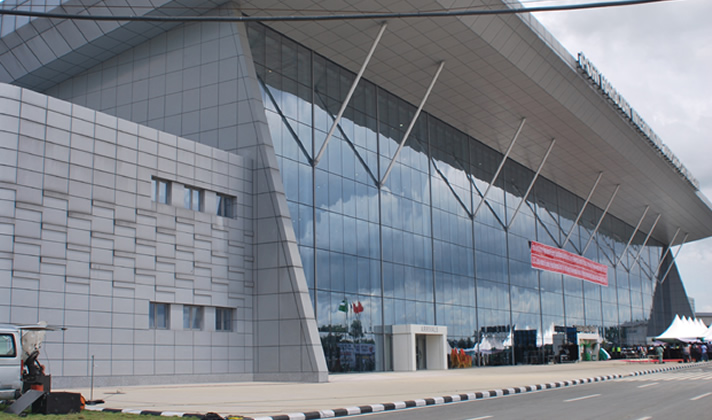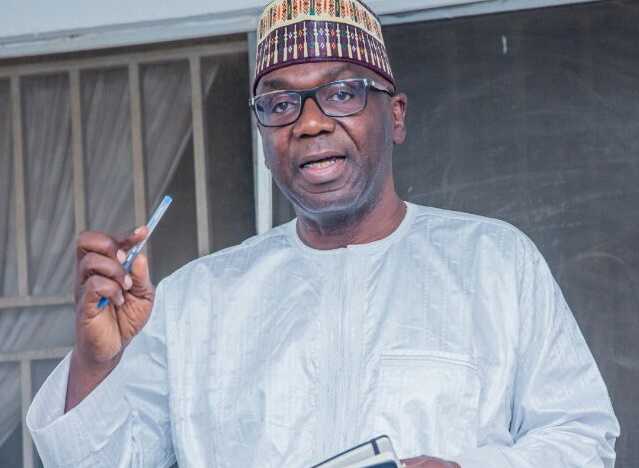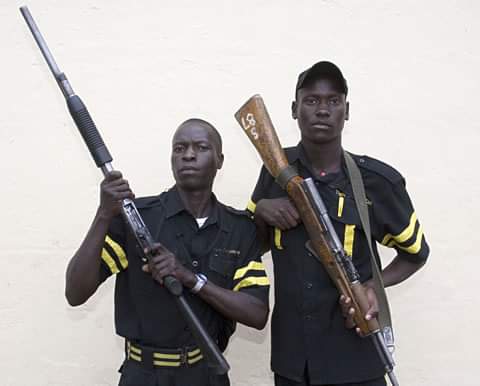Tope Akinyode, a human rights lawyer, says the arrest of the suspect “who created and shared” fake videos depicting a wedding ceremony between President Muhammadu Buhari and Sadiya Farouq, minister of humanitarian affairs and social development, is an abuse of public office.
The Department of State Services (DSS) had arrested Kabiru Mohammed, a Kano state indigene, for allegedly creating the video which generated discussions, especially on social media.
Peter Afunanya, DSS spokesman, had confirmed the arrest of the 32-year-old suspect, saying he is at the DSS headquarters.
The spokesman said an investigation was launched, following a formal complaint to the service by Zainab Ahmed, minister of finance, whom the video also showed as getting married to the president.
Advertisement
In a statement on Saturday, the human rights lawyer condemned the arrest, describing it as “a monumental abuse of public office”.
She said the development “comes handy as an indirect affront on the citizens’ liberty to engage government without restraint”.
The lawyer said the suspect did not spark public unrest neither did he threaten national security, hence he should not be arrested on the basis of criminal libel or criminal defamation.
Advertisement
“Under the Nigerian jurisprudence, libel or defamation could indeed be criminal. However, the position of the law is that in order to prove criminal libel or criminal defamation, the misdeed of the suspect must be such that is capable of creating widespread public unrest or instigating a threat to national security,” the statement read.
“The marital affairs or matrimonial intricacies of the of President and his ministers are entirely personal matter and cannot be logically placed within the context of national security issues.”
Citing the case of Omega Bank PLC Vs Government of Ekiti state (2007), Akinyode said “the law is settled that public officers cannot use the privileges of public office or tax payers’ money to prosecute personal cases”
She urged the DSS to act within the confines of the law in order to avoid painting Nigeria as a backward nation.
Advertisement
Add a comment






